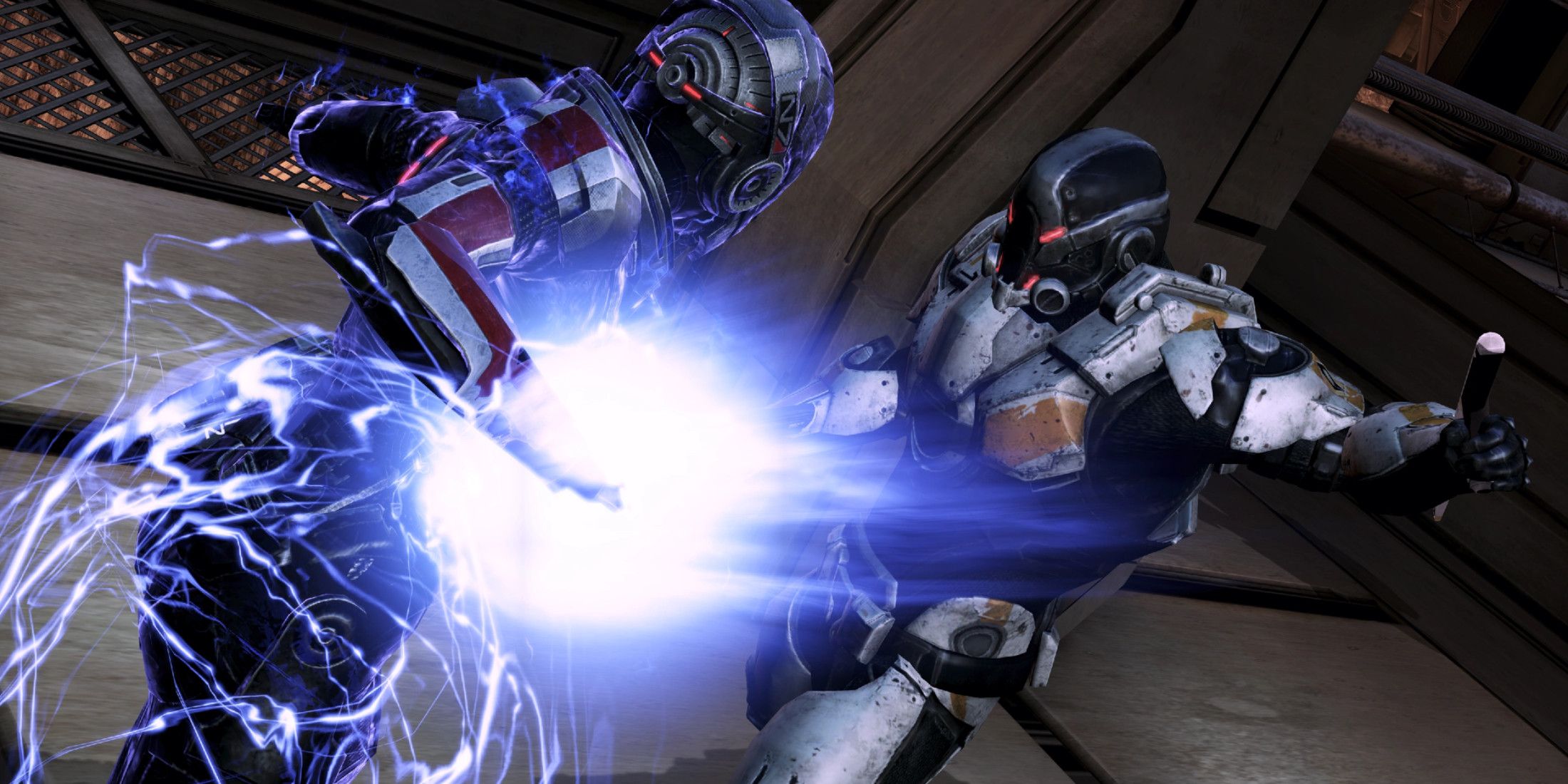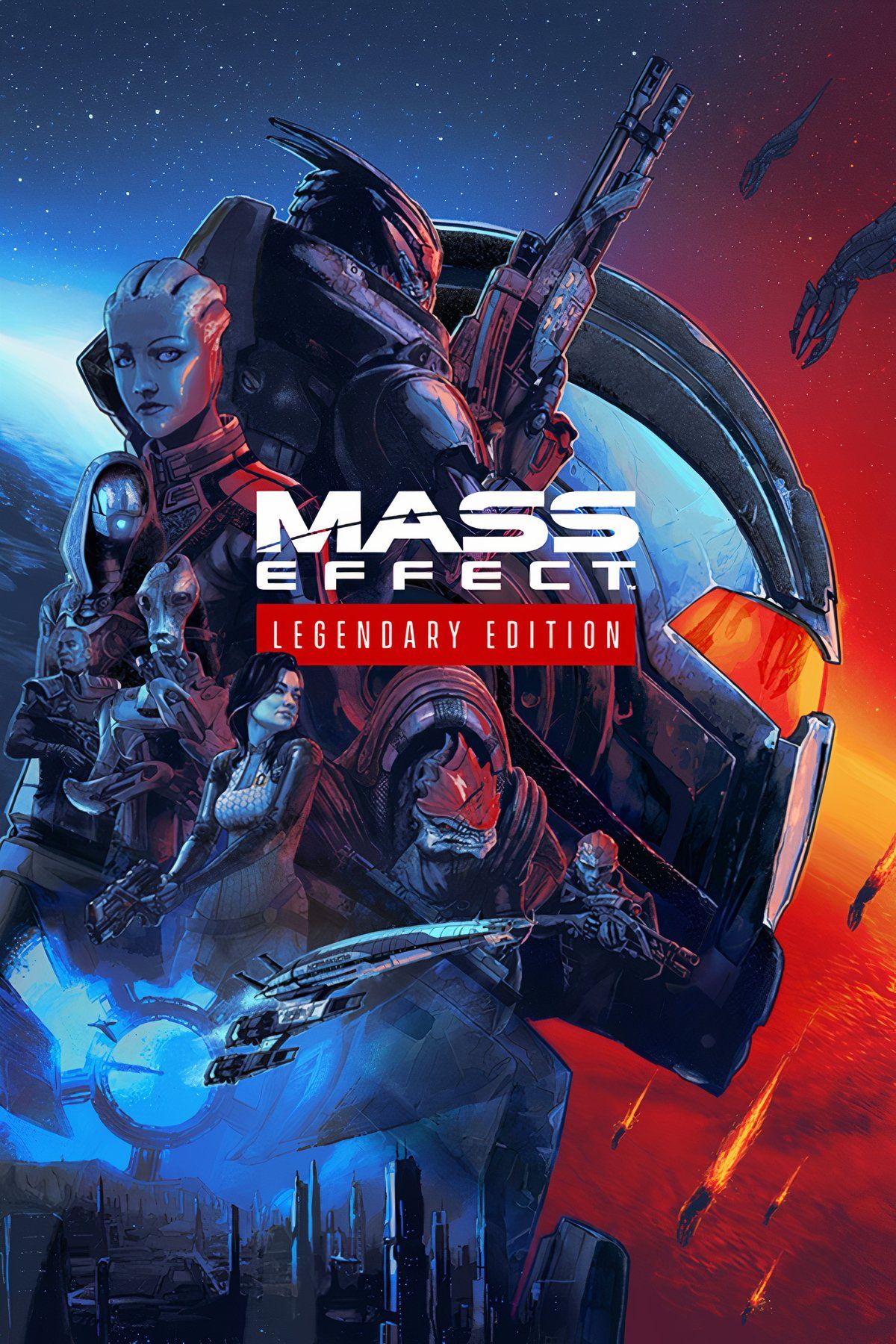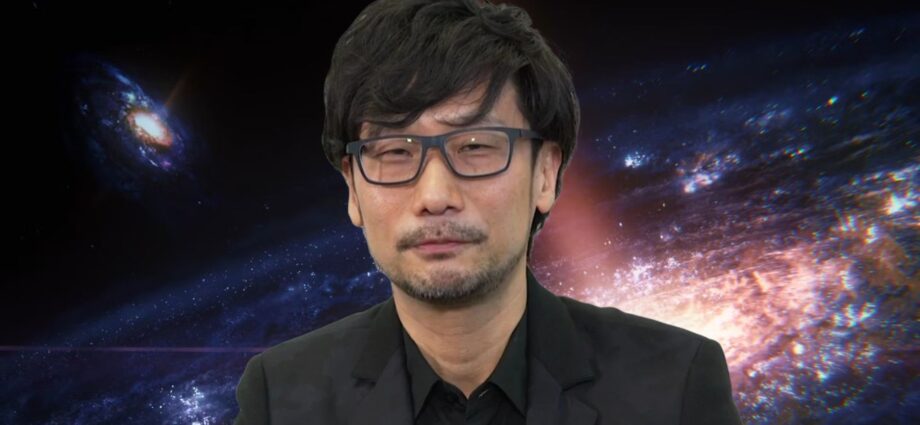Virtually nothing has been revealed about Mass Effect 4, but that hasn’t stopped gaming audiences from speculating about its premise, gameplay features, and more. Indeed, perhaps the most pressing issue facing the next Mass Effect game is how it will lean into the already-established canon: the appearance of Liara and the N7 plate in the initial announcement trailer suggest that it will connect to the Shepard saga rather than the Andromeda one, even if the events of Andromeda aren’t entirely forgotten.
Assuming that this next game picks up where Mass Effect 3 left off, there are a lot of questions that will need to be addressed. ME3 made waves when it released back in 2012, and not for exclusively positive reasons: the game had a historically controversial set of finales. Though there are technically eight different endings, they are all variations on three core paths, often referred to as the Destroy Ending, Synthesis Ending, and Control Ending. The Control Ending results in Shepard becoming an all-powerful AI and enslaving the Reapers, while the Synthesis Ending involves all intelligent organic life merging with machines. These are both rather complex, and both involve Shepard dying, so if one were to guess which ending Mass Effect 4 will canonize, Destroy seems like a safe bet.

Related
Mass Effect 5’s Combat Should Take a Page Out of Doom’s Playbook
As BioWare hones in on combat for the next Mass Effect game, learning from Id Software’s modern Doom games could be a smart move.
If Mass Effect 4 Follows the Destroy Ending, It Could Borrow a Lot from Death Stranding
Mass Effect 3’s Destroy Ending Sets Up a Death-Stranding-Like Premise
Under the Destroy Ending, all synthetic life, such as AIs and VIs, is destroyed. Additionally, and perhaps just as devastatingly, the mass effect relays that pepper the Milky Way are rendered unusable. The impact this would have on the Mass Effect world cannot be overstated: mass effect relays are what allow faster-than-light travel, and trade, diplomacy, and colonization efforts would all be crippled without them. In essence, the galactic civilization that the Alliance spent millennia building would be at risk of disintegration, following the Destroy Ending.
Mass effect fields are used for a number of other technologies as well, including artificial gravity.
In short, the Destroy Ending paints a bleak picture of galactic civilization’s future, but this could actually make for a great narrative premise. In the Synthesis and Control endings, the Reaper threat is extinguished, but there’s not much room for the story to grow. One could conceive of a narrative wherein the galaxy turns on AI-Shepard, or where it laments its forced transformation into machine-organic hybrids, but these options may not be ideal; there’s not much the galaxy can do about AI-Shepard, nor is there any obvious way to reverse the metamorphoses of the Synthesis Ending—if that’s something galactic civilization would even agree to do in the first place.
But the Destroy Ending would allow Shepard to return and embark on a new quest to reconnect the galaxy. This premise would be remarkably similar to Death Stranding‘s, which revolves around the player bringing disparate locales and settlements into the Chiral Network, rebuilding civilization through what is essentially magic WiFi. Mass Effect 4 could see Shepard repairing the damage done by the Destroy Ending, either by repairing the broken mass effect relays or by finding an alternate method of interstellar travel and communication.
Of course, the space opera, action-blockbuster nature of the Mass Effect series makes it decidedly non-Kojima-like, but the focus on connection, on building rather than destroying, is certainly something that this vision of ME4 would share with Death Stranding. The pro-social aspects of such a premise would be in line with Kojima’s 2019 opus, and the satisfaction of making new connections, building a stronger and healthier society in the process, could be just as prevalent in ME4 as it is in Death Stranding.

Mass Effect: Legendary Edition
- Released
-
May 14, 2021
- ESRB
-
M for Mature: Blood, Drug Reference, Partial Nudity, Sexual Content, Strong Language, Use of Alcohol, Violence
- Publisher(s)
-
Electronic Arts
- Engine
-
Unreal Engine 4

